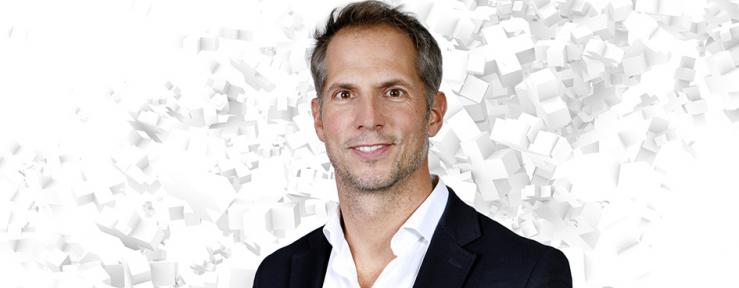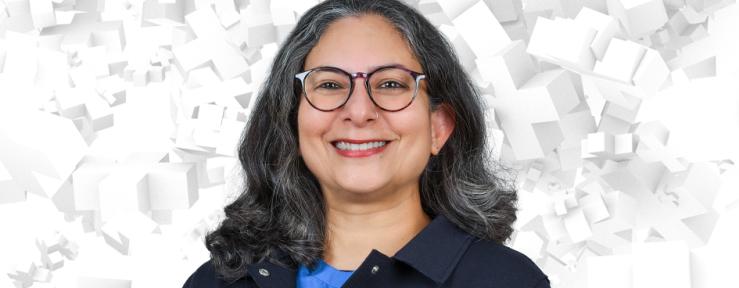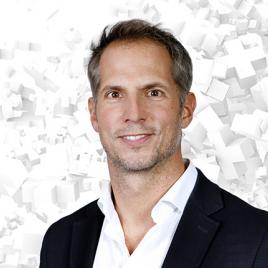Prime Minister Modi has raised high hopes in the international business community regarding reform and progress in India. Are people right about him?
I think Prime Minister Modi is different from the previous political leaderships we have had in India in the last 30 years. One advantage is his clear majority in the Lower House of Parliament and a very large personal mandate. I think he has a historic opportunity to make progress for India in a way which previous coalition governments have struggled with. He is trying to do the same things for India as he did as the Chief Minister of Gujarat where growth was very high for ten years.
I genuinely think that progress is there to be seen. Operating a business in India is getting easier, credit ratings of the country are improving. Of course, Modi only controls the first of three layers of government which are central, state and local. But he is extensively in control of the public agenda.
Especially to small and middle-sized business, India may still seem just a bit too large…
I run an SME. My own company is based in Hong Kong and I’m doing business in and with India. I understand that India looks challenging, particularly if you’re a small company. The reality is, however, that the opportunity is very large and growing and will continue to grow.
Swiss SMEs are often technology-driven, they will find a very attractive market and customer base in India. India is desperately short of auto-innovation and of ways to do things differently.
My recommendation is first of all: spend time in the market. Go and talk to customers. They will be very responsive, Indians are very open to new things and talking to different people. A lot of companies then choose to joint-venture or to find a partner; a distributor, or an agent. For medium and larger companies I typically recommend not to form a joint-venture unless there is real value addition from the Indian joint-venture partner. Because you could hire very good staff in India. That decision is critical.
Do we have to shift our view on India as being complicated and bureaucratic?
India can be complicated depending on the sector. If you are dealing with the government, it may often become complicated and regulated, like in the defence, nuclear or media industry. But then, frankly, so can it be in most countries. India in my experience is not as difficult as it looks, not as difficult as its reputation, particularly when dealing directly with private sector customers.
Most sectors are now open: if you want to set up a representative or sales office that is relatively straightforward. It really is a matter of getting into the market and then taking sensible advice from an accountant or a lawyer whenever common sense suggests you should. Again, my advice is come to the market, talk to the people, get a customer response, and then if a profit opportunity is there, you will find a way of serving it.
What is your outlook for the Indian market in the long-term, which sectors are on the rise?
Well, most sectors. India is a rising-tide economy. GDP is growing at 7 to 8 percent at the moment so most companies are growing faster. Demand in many sectors might be growing at 1.5 or 2 times that level, like in China 10 or 20 years ago. Going forward it looks like that shouldn’t slow down. Some sectors that are particularly strong include energy, particularly renewables, and infrastructure as well as consumer businesses with branded products serving both the upper middle class and a more cost-conscious middle class. Also, in the next 10 years India will become very attractive as a location for manufacturing for export – which means opportunities for Swiss suppliers.
Can you tell us a bit more about what is happening in the cleantech and renewable energy sector and how and where Swiss companies may provide expertise?
It’s enormous what’s going on. Policies around clean energy have been well thought through over the last 10 years. The renewable energy sector, particularly wind and in the last few years especially solar, has boomed and just crossed 12GW installed. India is now one of the largest solar markets in the world. And solar has a huge potential because the solar resources are infinite and there is plenty of desert wasteland.
Certain other clean-tech opportunities, such as water technology, are more difficult because the market for water technology tends to be depend on local governments as customers. Also, there has been quite a lot of activity around waste management and recycling.
What about stumbling blocks do SMEs face when doing business in India, do you have any advice for negotiating and moving deals forward?
Things can happen very fast in India. One of the advantages of India as an emerging market is that all of the soft infrastructure that is required to enter such a market is present: professional advice, engineering, education, the English language. Many of these things are missing in other emerging markets.
However, there are cultural nuances, we cannot look at India as one place. You need to be sensitive to general Indian cultural trends or tendencies but also to the individual chemistry of whichever person or company you’re dealing with.
In terms of ethics, India has some of the best corporate standards in the world, but also sometimes the worst. My advice for dealing with India is: know who you’re dealing with. Build a personal relationship. Relationships are everything in India. You cannot just rely on contract. You have to build a deep, personal connection with your customers and with your employees.
Also, be very conscious of the meaning of timelines, deadlines and project progress. If someone in India says that they will “deliver on Friday”, this does not necessarily mean that they will eventually deliver on that day. You do have to adapt. There are obviously cultural caverns between a European attitude and India, where everything is more relaxed.





